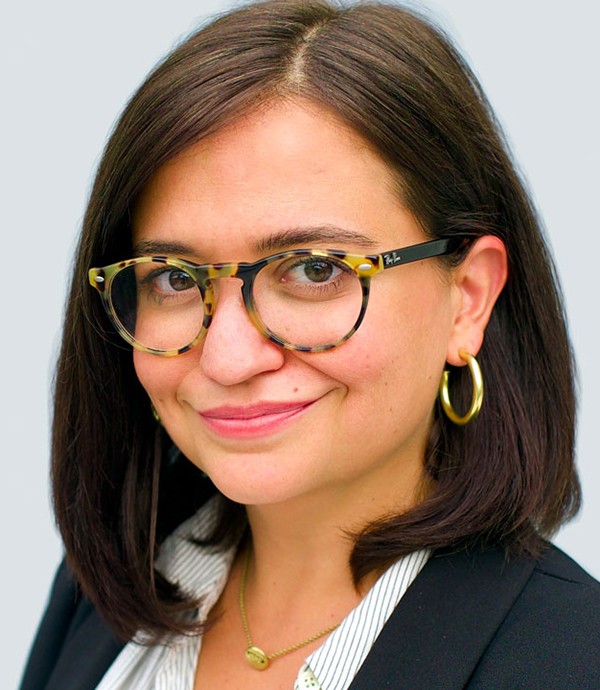Klarman fellow Galli investigating child migration
By Kate Blackwood
Children are unique among immigrants, according to Chiara Galli, a Klarman Postdoctoral Fellow in sociology in the College of Arts and Sciences (A&S).
“Unaccompanied children are one of the populations of migrants who – at least formally – benefit from higher levels of protections in the U.S. asylum and immigration system,” Galli said. “They have vulnerabilities. They have human rights, they have children’s rights.”
Galli – one of six members of the Klarman Postdoctoral Fellowships inaugural cohort – researches the U.S. asylum process, specifically the experiences of unaccompanied minors. As a Ph.D. candidate at UCLA, she conducted hundreds of hours of research and volunteer work with child migrants in Los Angeles between 2015 and 2019.
Four years of research led Galli to believe this is an unprecedented moment in history in terms of rights violations, she said.
“We are witnessing the demise of the U.S. asylum process, and I think that if we don’t take action soon, we will lose the already the meager protections we have for children,” Galli said. “Access to asylum was already very restrictive, for children and adults, prior to the developments in recent years. I think it’s important that we talk about this now.”
The Klarman program offers early-career researchers independence from constraints of particular grants, enabling them to focus on cutting-edge research. Hosted by Filiz Garip, professor of sociology (A&S), Galli is using her three-year fellowship to write a book on her research on child migrants and to start new collaborations with Cornell’s Migrations Global Grand Challenge initiative.
Galli’s work brings an exciting new perspective to migration scholarship said Garip, who directs the Center for the Study of Economy and Society.
“Our field has long focused on labor-related mobility,” Garip said. “We have not paid enough attention to forced migration flows. As a result, our theories have fallen short of informing the recent refugee flows from Syria, Iraq and Afghanistan, nor have they allowed us to anticipate the arrival of unaccompanied minors on the U.S. border.”
Galli started her research in Los Angeles just after a 2014 surge in arrivals of unaccompanied minors from Central America.
“There was a huge need to quickly prepare the asylum claims for these children,” she said.
Coordinating with legal aid clinics in Los Angeles, Galli interviewed 45 unaccompanied minors. She asked them about life in their home countries, their migration decisions, and their experiences in the asylum process and in life beyond the legal process: school, work and family.
Galli also interviewed immigration attorneys, other NGO staff and asylum officers. From them, she learned more about the legal process, evolving policies, and challenges in representing unaccompanied minors.
“I’m interested in the ways in which asylum law intersects with our legal and cultural understandings of what it means to be a child,” said Galli, who is an immigrant herself, having moved as a child from Italy to the Chicago area with her parents. “This research is important to document how our protections on the books are failing to live up to their promises and to really protect individuals in practice.”
Galli joins an interdisciplinary community of immigration scholars within the Migrations initiative. “It has been a great place to reach out to people,” she said.
Shannon Gleeson, co-director of the Migrations Global Grand Challenge initiative and associate professor of labor relations, law and history in the ILR School, is co-mentoring Galli’s postdoctoral fellowship. “I have been thrilled to offer Chiara feedback on her book manuscript,” she said.
Galli recently shared a chapter of her book at a Migrations Forum, attended by faculty and graduate students from various units such as the Law School, the College of Arts and Sciences, and ILR. She also has enjoyed the Migrations initiative seminar series, featuring talks on migration from the perspective of “overlapping systems,” she said: humans, animals, plants, and even pathogens.
Kate Blackwood is a writer for the College of Arts and Sciences.
Media Contact
Get Cornell news delivered right to your inbox.
Subscribe

